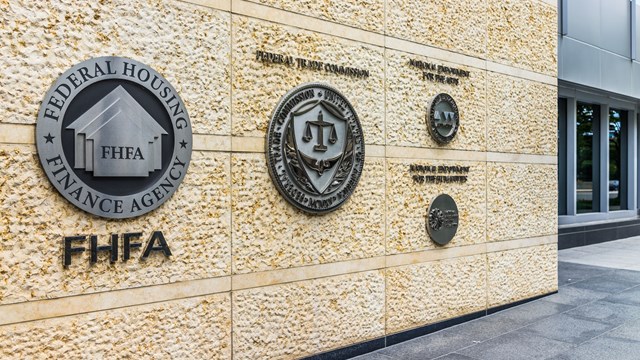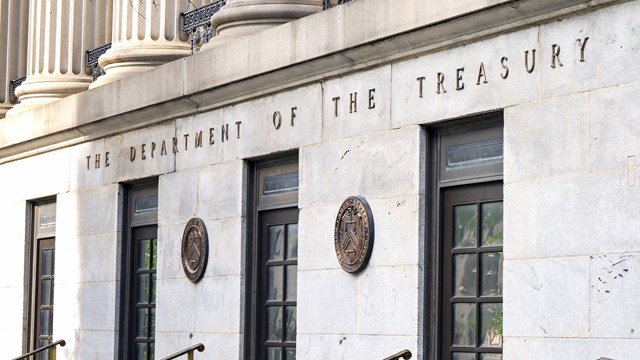Your roof terrace leaked and the neighbor below you sued for damages. Do you have any recourse? The heating system in your apartment failed to work and the managing agent sent you the bill for its repair. Do you have to pay? You bought a dog for your child, and six months later the board has demanded that it be removed from the building. Do you have to comply?
The answers to most questions raised by co-op and condo residents are contained in the governing documents of the corporation or, in the case of a condo, the unincorporated association. These documents which include the proprietary lease, the bylaws and the house rules are generally filed away for safekeeping in your attorney’s office. Or, perhaps you have a copy that you keep with your other important papers. Whatever the arrangement, these documents should be read (and periodically re-read) by every co-op and condo owner because their contents govern the terms of your ownership as well as your rights and obligations.
A Hierarchy of Documents
To make some sense of the maze of rules, laws, doctrines and codes that affect ownership of shares and property in co-ops and condos, it is important to view these documents in some sort of hierarchical order. At the top, in a co-op, is the certificate of incorporation filed with the Department of State as required by Section 402 of the Business Corporation Law of New York State. The equivalent, for condos, is the declaration of the condominium required by Article 9B of the Real Property Law of the State of New York, commonly referred to as the Condominium Act. These documents may contain specific provisions for making amendments. A copy of this document may be obtained from the Secretary of State, Department of State, Division of Corporations in Albany if it is not available in the corporate files.
Next in the hierarchy are the bylaws of the co-op corporation or condo association. The bylaws form the basis for conducting business within the organization, and this document generally details the purpose of the entity; its form of government; the method of elections; the voting process; the type and frequency of meetings of directors, shareholders or owners; the specific form of agenda for the meeting(s); a description of the directors and the number of officers along with a description of their duties, responsibilities and liabilities.
Also included in the bylaws is the manner in which directors may change, both in number and by replacement or removal. One of the most important features of many bylaws is that they contain specific guidelines for amending their contents. The bylaws of a condo contain other significant provisions having to do with the form of ownership and method for changing it, a description of the property, the operation of the property and the duties and responsibilities of the owners and occupants of the condo.
Since condo owners possess real property rather than shares in a corporation, there is no proprietary lease as in a co-op. Therefore, condo bylaws are multi-faceted documents that are difficult to ignore. Most condo bylaws contain special provisions relating to the sale and rental of units and the approvals or waivers required in order to allow clean transfer of title. Failure to adhere to these requirements may result in the transaction being voided under law. For this reason owners, members of the board and managing agents alike pay particular attention to the specifics in condo bylaws.
At co-ops and condos alike, the bylaws afford you the most important vehicle for exercising your rights to make changes or reinforce your specific needs. They provide you with your right to vote and the manner in which you vote. The bylaws also define who may or may not be a director, officer resident or owner and may allow you to implement new organizational and management policies.
Any change to the bylaws should be prepared by an attorney, presented to the shareholders or owners in the specific manner and form specified; and, if so changed, should be filed with the Attorney General of the State of New York as an amendment to the plan so it is formally part of the public record.
The Proprietary Lease
Next in the hierarchy of governing documents but one that only pertains to co-ops, is the proprietary lease. Granted by the corporation when the shareholder purchases shares of the corporation, the lease forms the basis of the rights and responsibilities of the shareholder and the co-op corporation. It is the most important document in terms of the day-to-day relationship between the shareholder and the corporation. The shareholder is responsible for paying rent and is given the right to quiet enjoyment of the apartment. He is protected under the umbrella of a warrant of habitability (as defined by the courts).
In most cases, the proprietary lease clearly defines all the provisions related to the use of the apartment including occupancy, modification, repairs and a host of other significant provisions. By and large the condo’s bylaws and house rules provide the same provisions. In order to change the provisions of a co-op’s proprietary lease, it is necessary to refer back to the bylaws and the terms of the lease itself to determine exactly how these changes can be brought about.
Usually it will require consent of at least two thirds, or more, of the owners of record either with respect to the total number of shares, or in a condo, the percentage of common interest. The change itself should be drawn by an attorney, presented by resolution with the specific language to be changed to all owners, and, if approved according to the bylaws and/or proprietary lease requirements, filed by an attorney with the Attorney General’s office so it becomes part of the public record.
Defining Inappropriate Behavior
At the bottom of the hierarchy of governing documents, but certainly no less important, are the house rules. Almost always incorporated into the proprietary lease for the co-op or the bylaws of the condo, the house rules usually specify all the no provisions such as no storage of personal property in the hallway, no pets and no excessive noise. It is incumbent on the managing agent and the board to review the house rules and to update them as may be necessary. It is incumbent on all owners to take the time to review these rules periodically to avoid embarrassing situations or inconveniences.
House rules are usually drafted with language that has less of a constitutional flair than that used in bylaws or the proprietary lease. House rules generally deal with very specific living requirements in and about the building, and they tend to be associated with quality of life issues. As laws change–as has been the case with environmental requirements, lead paint and recycling, to name just three–the need for updating becomes more important. Under the terms of the bylaws and proprietary lease, the board of directors has the unilateral right to amend house rules without shareholder or owner approval. It would be prudent, however, to solicit comments from the ownership before imposing requirements, which may be both difficult to adhere to or enforce, and then to amend the house rules from time to time, perhaps once a year. Any change to the house rules need not be drafted by an attorney, but should be distributed to all present and future owners, a step often missed when a new buyer acquires an apartment. The transfer agent, secretary of the organization or managing agent should assure that the proprietary lease or the bylaws contain the most recent set of house rules for the new owner.
A Wealth of Knowledge
Even if you are already knowledgeable about your co-op or condo’s governing documents, you may want to revisit them every few years. If you are becoming informed for the first time, start with the offering plan which contains the proprietary lease, bylaws and house rules. Read them cover to cover. Contact your managing agent or the organization’s attorney to assure that you have all the amendments that have been filed. The entire effort may only take a few hours, but the result will be a wealth of knowledge. It is your right to be informed, and to be able to make decisions based on this knowledge. It may also save you time and money in the future.
Mr. Cohen is president of A. Michael Tyler Realty Corp., a residential property management firm based in Manhattan.







11 Comments
Leave a Comment